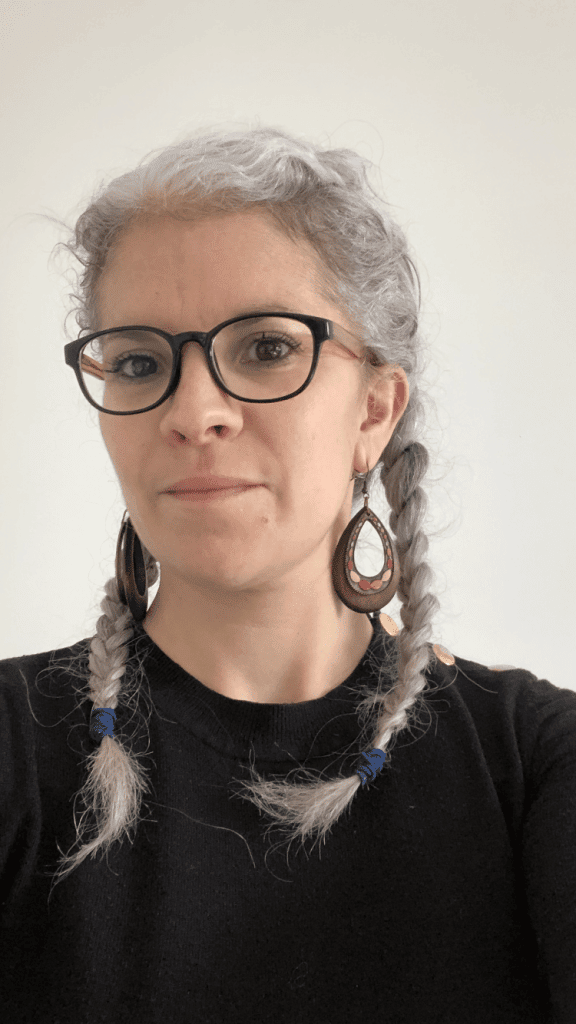Interview by French Nanny London with Solene Esteve – Psychomotor Therapist at the Medicare Francais
Why is Psychomotor therapy common in France and not too developed in the UK?
Psychomotor therapy is not a profession as such recognized in England (but recognized in Europe and other countries in the world), so there is no equivalence.
If the concept of psychomotor development of the child is known, the profession of the psychomotor therapist is much more global. It also associates the emotional, relational, psychological and cognitive dimensions of the childwood development.
The term « psychomotor » expresses this interdependence between psychic life (psycho) and motor life (motricity). The body expresses itself in “being” and “acting”, in relation to itself, others and the environment.
Psychomotor therapist have two fields of intervention: Therapeutic and Preventive.
When should I bring my child to see a psychomotor therapist?
I would say if your child shows:
– delays in motor development, language or academic difficulties
– difficulties in his body: clumsy, hyperactive, not comfortable in sports activities for his age
– a lack of self-confidence, difficulties in managing emotions, behaviors that question
– difficulties and/or delay in communications and in social relations
To be more general, Psychomotor therapy works on differents areas:
• Psychomotor development: developmental delay, mobilities difficulties, tonic disharmony, clumsiness, dyspraxia…
• Learning difficulties: concentration, writing, autonomy, graphic design, social relationship, early…
• Psychiatric: behavior disorders and personality
• Neurological: Hyperactivity, OCD, axonal neuropathy, Cerebral Palsy …
• Sensory impairments: hypersensitivity, visually impaired, hearing-evil …
What can I do at home to prevent any issues in my children?
It’s an hard question because each child is to be taken into account in his individuality and advances at his own pace.
I would say that grown up have to make sure to bring a wide variety of experiences to their child: bodily, sensory, emotional and creative experiences.
How speaking several languages at home has an effect on children’s speech abilities?
From my point of view, a bilingual child must first understand the notion of different languages, then switch from one language to another depending on the environment in which he communicates.
He must therefore learn the lexical fields of each language and all the vocabulary adapted to his age in order to be able to express his ideas.
It is therefore easy to understand why these children have a “language delay” which in reality does not have one (in the majority of cases) since they just need more time to learn and therefore to communicate easily.
I do not see bilingualism as a brake in language skills, if the school and family environment supports the bilingual child and takes into account the richness (in quality and quantity) of this learning.
For more specific details – take a look at her website www.thepsychomotricity.com. Observations are detailed by difficulty and the working method is mentioned.
You can see her at the Medicare Francais – https://medicarefrancais.com/service/mrs-solene-esteve/
Fanny @ French Nanny London

